What is Bordetella Vaccine for Dogs? Facts, Uses, Side Effects
Imagine you’re at a busy dog park. The sound of barks and playful yelps fills the air. You watch your furry friend have fun with others, his tail wagging happily. Suddenly, a cough from one of the dogs changes the mood. It made me want to learn about the Bordetella vaccine. It helps prevent kennel cough, which could ruin such fun days. So, what is the Bordetella vaccine for dogs?
The Bordetella vaccine fights Bordetella bronchiseptica, a germ that causes kennel cough. It’s very contagious among dogs. This vaccine is advised for dogs that often go to places like dog parks. It helps prevent the worst symptoms and problems from getting kennel cough. When you look into the Bordetella vaccine, you learn its benefits and risks for your dog.
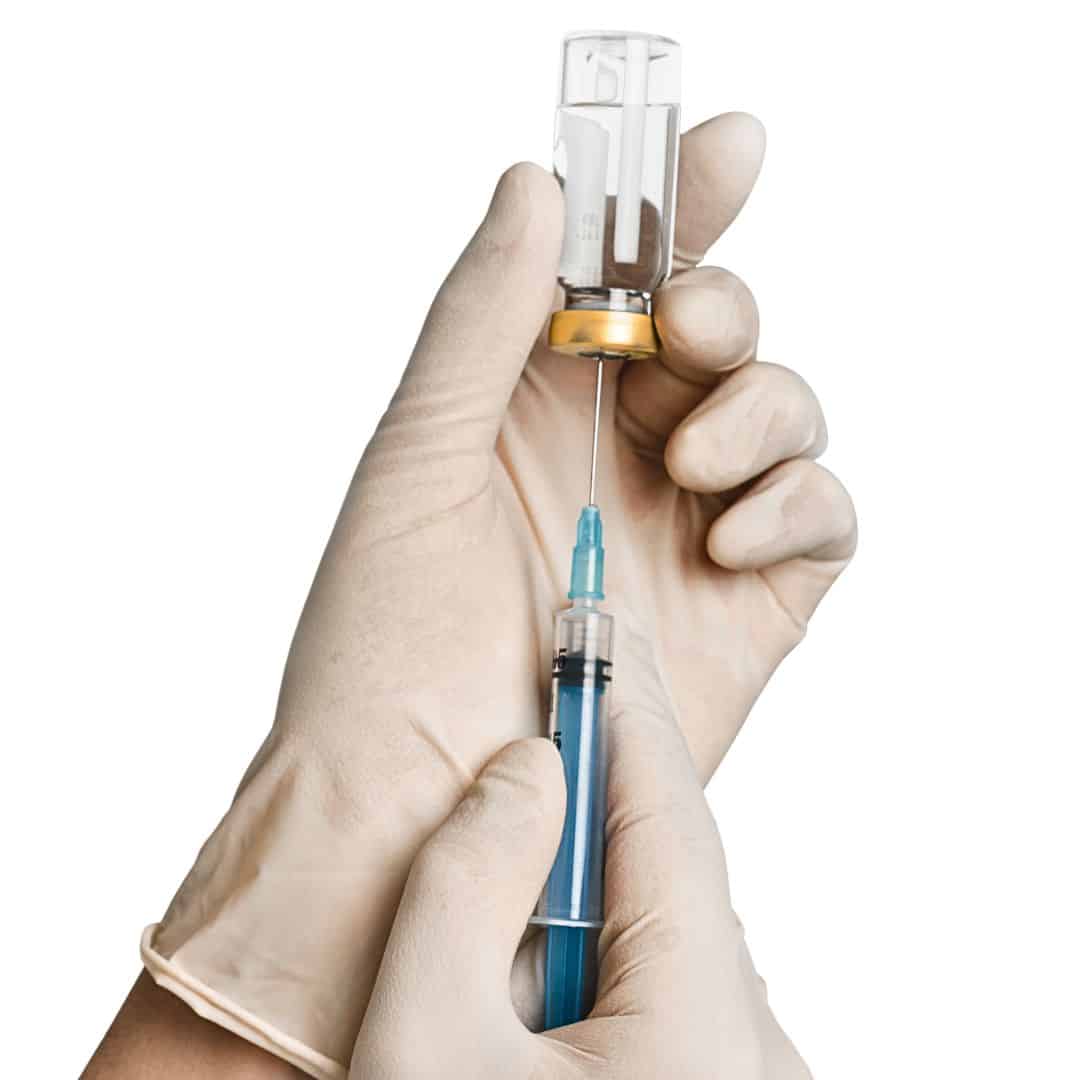
Key Takeaways
- Understanding the Bordetella vaccine for dogs and its primary defence against kennel cough.
- Learning the benefits of the Bordetella vaccine, particularly for dogs frequenting social or communal settings.
- Exploring the importance of the vaccine in preserving your dog’s health and the health of others.
- Assessing side effects ensures informed decisions about your dog’s healthcare are made.
- Discerning how the vaccine can mitigate risk and reduce the severity of kennel cough symptoms.
With this info, I could make better choices for my dog’s health. It means more happy days at the park without fearing sickness. Stay with us as we learn more about the Bordetella vaccine. We want your pet to stay joyful and healthy wherever they go.
Understanding Bordetella: Defining the Vaccine and Its Purpose
Understanding Bordetella, also known as kennel cough, and the importance of the Bordetella vaccine is crucial for pet owners. Kennel cough, a highly contagious disease, primarily affects dogs in close quarters such as kennels, dog parks, and grooming facilities. The Bordetella vaccine protects dogs from this illness by stimulating their immune system and producing antibodies that fight off the bacteria responsible for kennel cough. Administering the Bordetella vaccine to your pet helps safeguard their health and prevents the spread of this disease to other animals.
“Bordetella bronchiseptica is a bacterium that causes kennel cough.” It poses a significant risk in places where many dogs gather. The Bordetella vaccine, commonly called the kennel cough vaccine, is specifically formulated to safeguard dogs from contracting the highly contagious respiratory illness known as kennel cough.
Vets can give the vaccine orally, nasally, or by injection. They choose the best method based on the dog’s health and needs. The main purpose of the Bordetella vaccine is to stop kennel cough. It allows dogs to keep having fun without getting sick.
To demonstrate the effectiveness of the Bordetella vaccine, consider preventing kennel cough. In dog parks, daycares, and boarding facilities, kennel cough can spread quickly among dogs that aren’t vaccinated. The vaccine is key to protecting dogs and stopping the disease from spreading.
| Vaccine Administration Method | Benefits | Considerations |
|---|---|---|
| Oral | Non-invasive, Easy-to-administer | Ideal for calm dogs |
| Nasal | Quick immunity response | Best for immediate protection needs |
| Injection | Lasting immunity | Suitable for dogs with dental issues |
Pet owners can best protect against Bordetella. It greatly lowers the chance of dogs getting sick or starting an outbreak. This approach to kennel cough prevention shows why the Bordetella vaccine is so important for dog health.
Why Is Bordetella Vaccination Recommended for Social Canines?
Bordetella vaccination is vital for dogs that love to mingle. These dogs often meet others in places full of activity. It increases their risk of getting kennel cough. So, stopping this illness before it starts is key to keeping dogs healthy.
Protecting Dogs in Communal Settings
Kennel cough spreads quickly in dog parks and kennels. Dog owners need to vaccinate their pets against Bordetella. This step helps stop the disease from spreading and means dogs can play and interact safely without getting sick.
Risks of Kennel Cough in Social Dogs
Young puppies, old dogs, and those who are not very healthy are at greater risk. Kennel cough can be very serious, ranging from mild to severe breathing difficulties. That’s why the Bordetella vaccine is important. It strengthens the dog’s immune system against the disease.
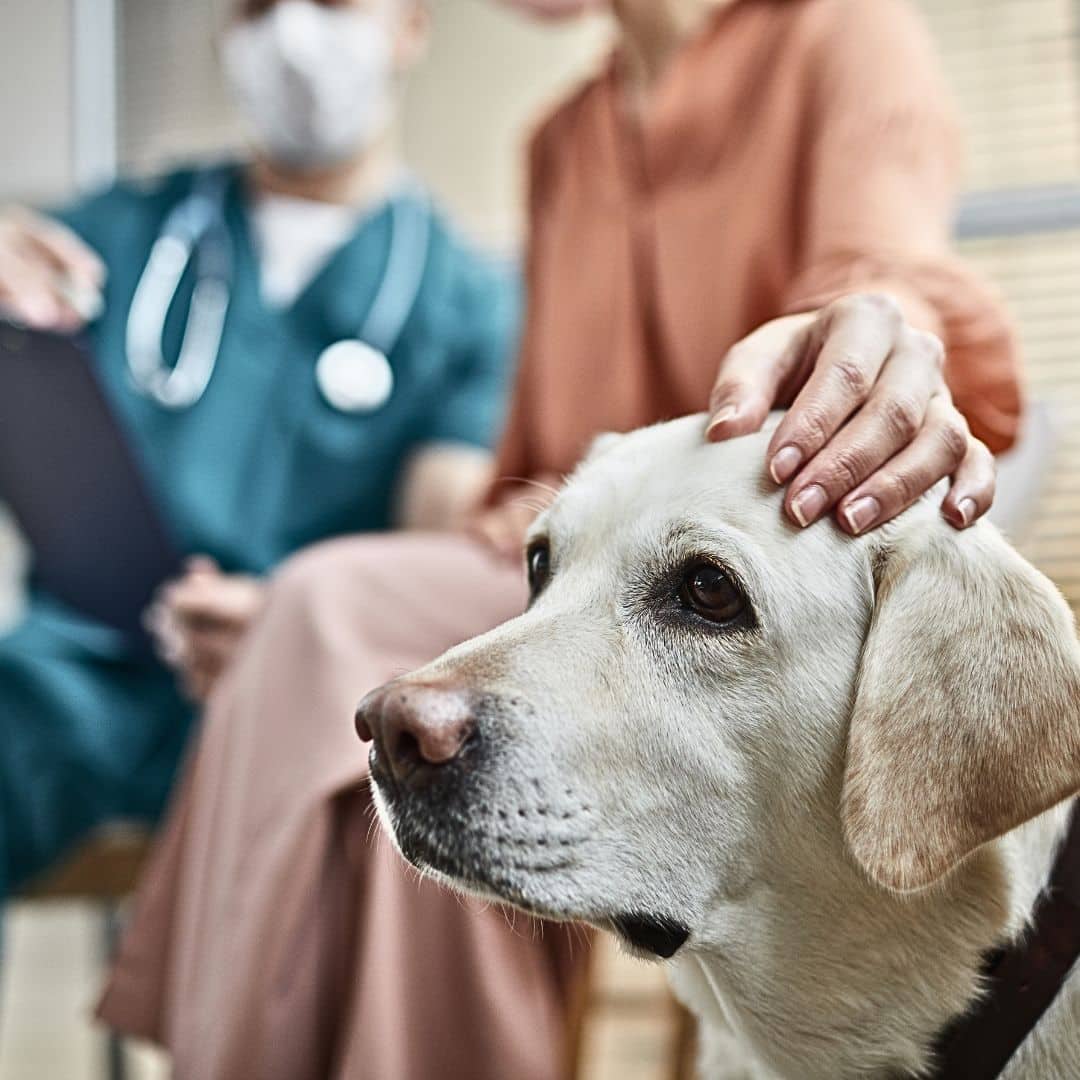
Preventative Measures for Pet Wellness
Owners can do more than vaccinate to keep their dogs safe. Regular vet visits are important to keep shots up to date and check health. Keeping things clean and practicing good hygiene helps, too. It’s also good to avoid places that are too crowded or not well-ventilated.
Adding these steps to regular vaccinations protects dogs well. It helps them stay healthy and happy, even around many other dogs.
What is the Bordetella vaccine for dogs?
As a dog owner, I often think about how to keep my pet healthy, especially from respiratory issues. One question that comes up is: what is the Bordetella vaccine? It’s also known as the dog kennel cough vaccine. It protects against kennel cough caused by the Bordetella bronchiseptica bacterium. This vaccine is important for dogs that spend time with others at places like dog parks or kennels.
The Bordetella vaccine can be given orally, through the nose, or by injection. It means that it can be suited to meet the needs of different dogs, depending on their health or behaviour.
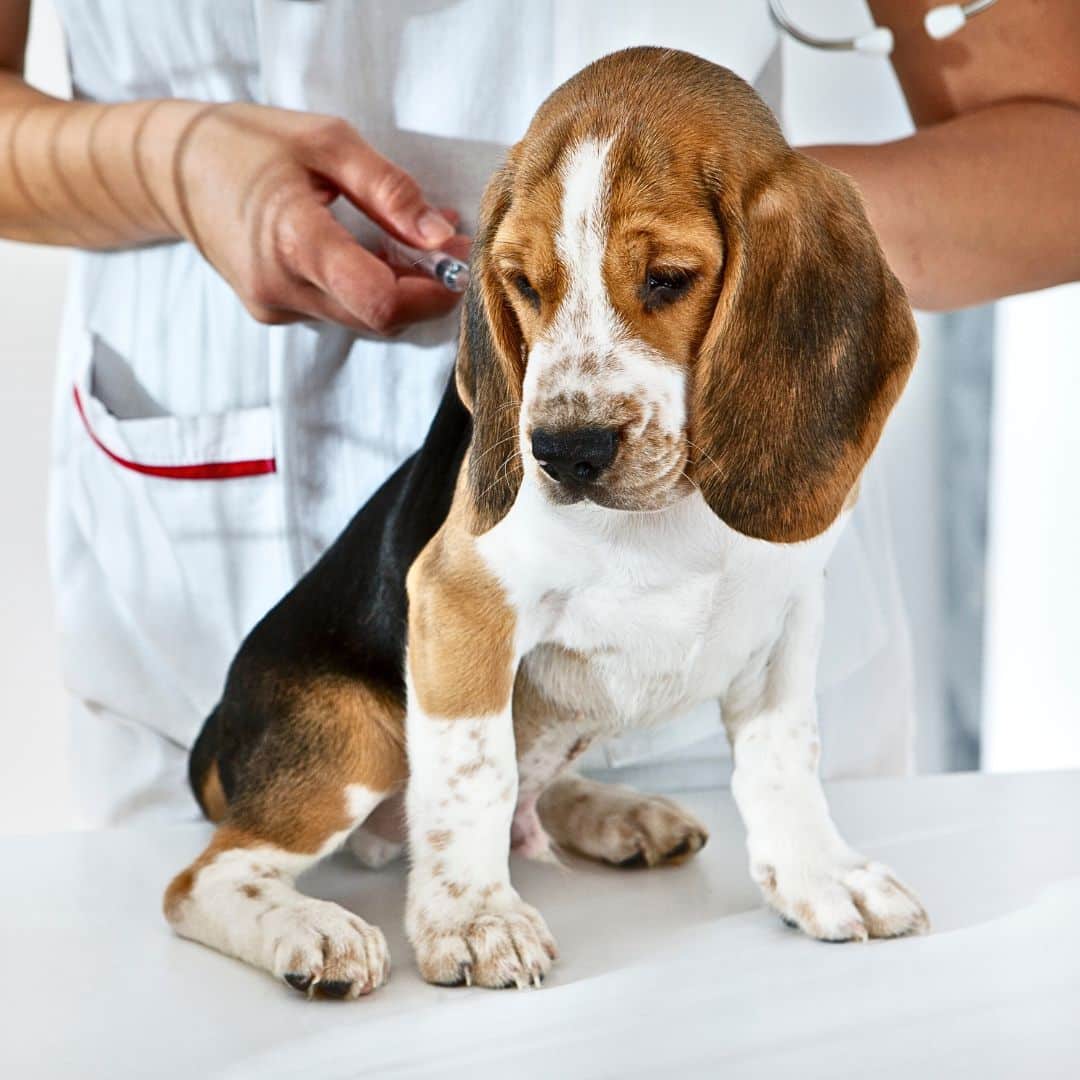
The main reason for giving dogs this vaccine is clear: It greatly lowers their chance of getting kennel cough, which spreads easily when dogs are close to each other. By vaccinating, we can make dog communities healthier.
| Vaccine Administration | Recommended for | Benefits |
|---|---|---|
| Oral | Dogs sensitive to injections | Less stress for the pet |
| Nasal | Quick immunity response | Fast and effective |
| Injection | Long-lasting immunity | Extended protection |
From my experience, getting my dog the dog kennel cough vaccine helps me feel I’m doing my part. It keeps them healthy and prevents them from contracting infections in social settings.
Administering Bordetella Vaccine: Methods and Age Requirements
Protecting dogs from kennel cough is key, and doing it right matters. We’ll examine how to give the Bordetella vaccine and when it’s best for puppies.
Intranasal Spray Versus Injection
There are two ways to give the vaccine: intranasal spray and injection. Your use depends on the situation and your vet’s advice. Intranasal vaccines go right into the nostrils. They work fast, which is great during an outbreak. The injection, given under the skin, tends to last longer.
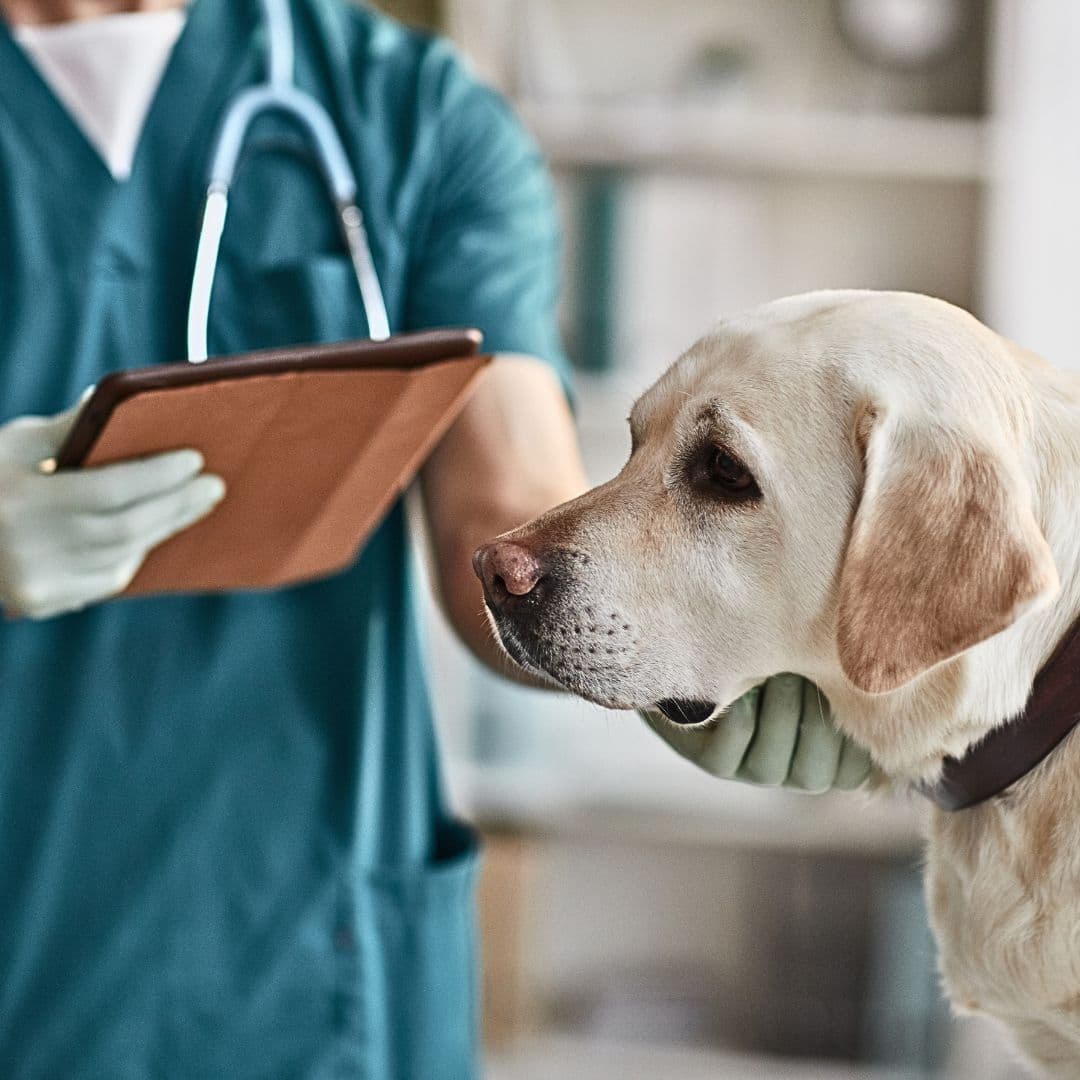
Both methods work well, but choosing one can depend on the dog’s health and past vaccinations. Using the right technique is crucial for the vaccine to work.
Age Considerations for Bordetella Vaccination
The right age for the Bordetella shot is really important. Usually, puppies can get it when they’re 6 to 8 weeks old. But it’s always a good idea to talk to a vet first. They suggest waiting a bit for the puppy’s immune system to strengthen.
Getting shots at the right time is key. It ensures puppies build a strong defence against kennel cough and other illnesses.
Recognizing and Managing Side Effects of Bordetella Vaccine
As a pet owner, I chose the Bordetella vaccine for my dog. There might be side effects. Fortunately, the side effects of the Bordetella vaccine are mostly mild and don’t last long. They can include a slight fever, sneezing, and feeling tired. I’ll share tips on managing Bordetella vaccine side effects in this piece. I aim to help other pet owners care for their pets after the shot.
At first, a tender spot or a small lump where the shot was given can worry you. But these signs are usually brief. I make sure my pet has a calm place to rest and recover. I also give my dog plenty of water and a good diet to bounce back quickly. Yet, seeing a vet is crucial if side effects seem unusual or disappear after a few days.
| Side Effect | Typical Duration | Home Care Tips |
|---|---|---|
| Lethargy | 1-2 days | Ensure a quiet environment, limit strenuous activities |
| Mild Fever | 1-2 days | Provide ample water, monitor temperature periodically |
| Sneezing | 1-2 days | Keep indoors to avoid dust and allergens |
| Tenderness at the Injection Site | 1-3 days | Avoid touching the area, and observe for swelling |
It’s key to remember that managing the side effects of the Bordetella vaccine well reduces discomfort. It helps your pet get back to normal faster and safely. Call your vet for advice if your dog’s symptoms persist or worry you.
Frequency and Scheduling of Bordetella Vaccinations for Optimal Protection
Knowing the Bordetella vaccine schedule is key for your dog’s health. Dogs living different lives may need special vaccine plans, which ensure they are protected against diseases like kennel cough.
Assessing Risk Factors for Bordetella Exposure
Assessing risk factors for Bordetella exposure starts with determining how often your dog needs the vaccine. Dogs that go to kennels, parks, or daycare are more at risk. These places can spread illnesses like kennel cough, so more vaccines might be needed.
Customizing the Vaccination Schedule
The right Bordetella vaccine timeline changes for each dog. Puppies usually get vaccines early and then need booster shots regularly. The timing of these boosters can be every six to twelve months. This depends on your vet’s advice after checking your dog’s risk.
| Dog’s Lifestyle | Recommended Vaccination Frequency |
|---|---|
| High Social Interaction (Parks, Daycare) | Every 6 months |
| Minimal Social Interaction | Every 12 months |
| Occasional Social Interaction | Every 9 months |
Talking to a vet helps create a perfect vaccine schedule for your dog, keeping it safe from kennel cough. Speaking regularly with your vet is vital because your dog’s health and habits may change.
Addressing Concerns: Side Effects and Dog Owner Preparedness
Knowing about the side effects of the Bordetella vaccine is key for dog owners. We must watch our pets closely after they get vaccinated, which helps us keep them healthy and happy.
Expecting Mild Reactions Post-Vaccination
After the vaccine, some dogs may feel tired, have a slight fever, and sneeze. They might also feel sore where they got the shot. This discomfort shouldn’t last more than a few days.
During this time, making them comfortable is critical. A peaceful place helps them get better quickly and stress-free.
Monitoring for Serious Reactions and Ensuring Timely Interventions
Serious reactions are rare but need quick action. Watch for signs like facial swelling, hives, hard coughing, trouble breathing, or vomiting. If you see these, get your dog to a vet fast.
Stay connected with your vet and know where the nearest animal hospital is. It’s smart to have a quick-response plan ready for any serious signs after the vaccine.
Canine Respiratory Disease Prevention Beyond Bordetella
Bordetella vaccines are vital, but a wider vaccination plan is key to our dogs’ good health. Knowing the importance of a comprehensive vaccination strategy is critical in dog care.
Importance of a Comprehensive Vaccination Strategy
A rounded vaccination plan is key to protecting our pets from various illnesses. It doesn’t just prevent diseases; it also strengthens their overall health. Working with vets to create a personalized vaccine schedule is very important. This schedule should consider the lifestyle and risks specific to each dog.
Other Necessary Vaccines for Dog Health
Core health protocols for dogs include vaccines against distemper, parvovirus, adenovirus, and rabies. However, the other necessary vaccines depend on the dog’s specific risks. Vaccines for Lyme disease, canine influenza, and leptospirosis are crucial for dogs that love the outdoors or live in certain areas.
| Vaccine | Disease Prevented | Recommended For |
|---|---|---|
| Distemper | Viral disease affecting the respiratory and nervous systems | All dogs |
| Parvovirus | Highly contagious viral illness with severe gastrointestinal symptoms | All young puppies and unvaccinated dogs |
| Leptospirosis | Bacterial disease affecting kidneys and liver | Dogs are frequently exposed to wildlife or standing water |
Keeping up with vaccine schedules is crucial for preventing major canine diseases. Every vaccine is important for fighting infections and improving quality of life. Thus, updating records and having yearly health checks are key for our dogs’ long-term health.
Conclusion
In my research on the Bordetella vaccine for dogs, I’ve found that it’s key in stopping kennel cough and vital in vaccinating dogs. Getting our dogs vaccinated against Bordetella bronchiseptica is so important. It is especially true for dogs that hang out in places like dog parks or kennels.
This vaccine greatly lowers the chance of dogs getting and spreading this easy-to-catch breathing sickness. Even though the Bordetella vaccine might have some small side effects, they don’t last long. The benefits of the vaccine are much bigger. Ensuring our dogs get this vaccine means they’re less likely to get hit hard by kennel cough. It brings comfort to both pets and their owners.
Talking with my vet helps me pick the best vaccine schedule for my dog’s life and health. This way, I make sure my dog stays healthy and happy. Keeping vaccinations updated shows we care a lot about our dogs’ health. It helps protect our dogs and other dogs, too.
Being serious about vaccination means our dogs can lead safe and full lives. I believe in doing this. It protects my beloved dog from diseases that we can prevent.
FAQ
What is Bordetella Vaccine for Dogs?
The Bordetella vaccine helps prevent kennel cough in dogs. This highly contagious disease is guarded from the Bordetella bronchiseptica bacterium.
Why Is Bordetella Vaccination Recommended for Social Canines?
Dogs that often meet other dogs should get the Bordetella vaccine. Places like dog parks and daycare centers have higher disease risks.
Administering Bordetella Vaccine: Methods and Age Requirements
Depending on the vet’s advice, dogs can get the Bordetella vaccine differently. It would help if you talked with a vet to determine the best time for the vaccine.
Recognizing and Managing Side Effects of Bordetella Vaccine
The vaccine might cause some side effects, like tiredness or a mild fever. These are usually mild and don’t last long. Making sure your dog is comfortable can help.
Frequency and Scheduling of Bordetella Vaccinations for Optimal Protection
The frequency of dogs’ need for the Bordetella vaccine varies. Talk with your vet to determine the best plan for your dog’s protection.
Addressing Concerns: Side Effects and Dog Owner Preparedness
Owners should be aware of dogs’ mild reactions to the vaccine. If your dog seems very sick afterward, getting vet help immediately is crucial.
Canine Respiratory Disease Prevention Beyond Bordetella
Other vaccinations besides Bordetella are key for stopping respiratory diseases in dogs. Your vet can suggest the best ones based on your dog’s lifestyle.
Conclusion
Getting the Bordetella vaccine is crucial for protecting dogs from kennel cough. A proper vaccination plan is also required to maintain our pets’ health and happiness.

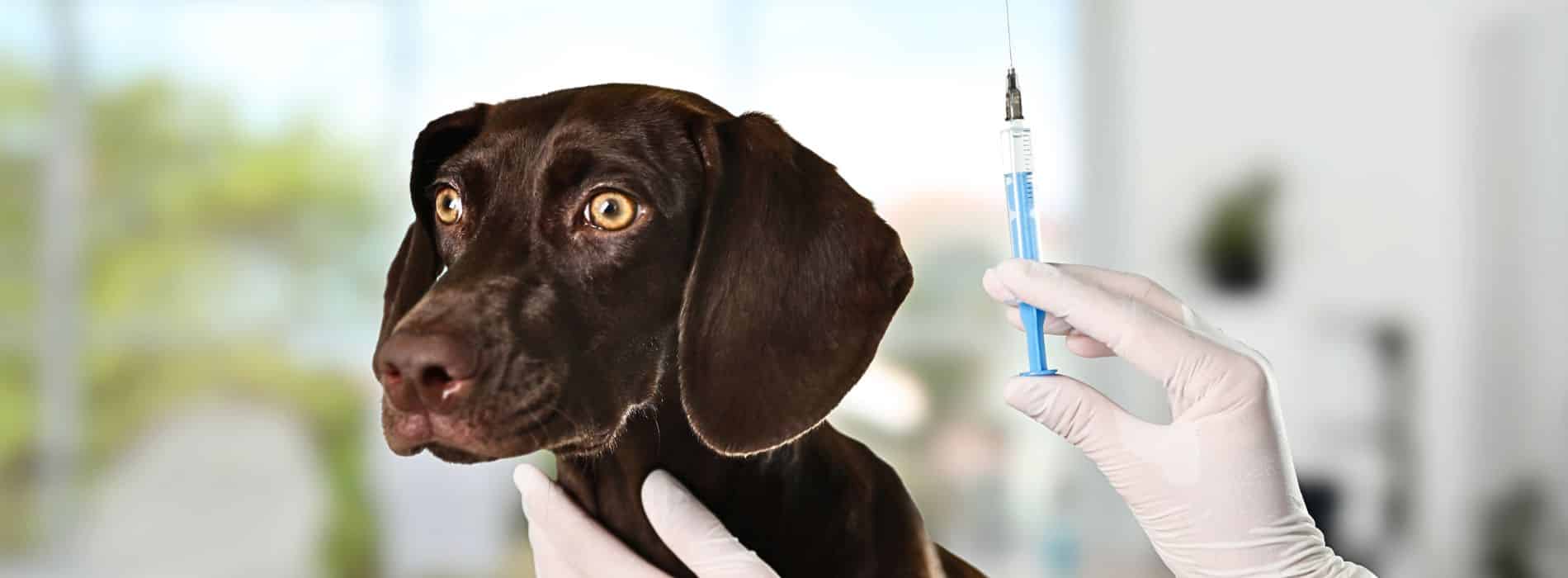



Leave a reply